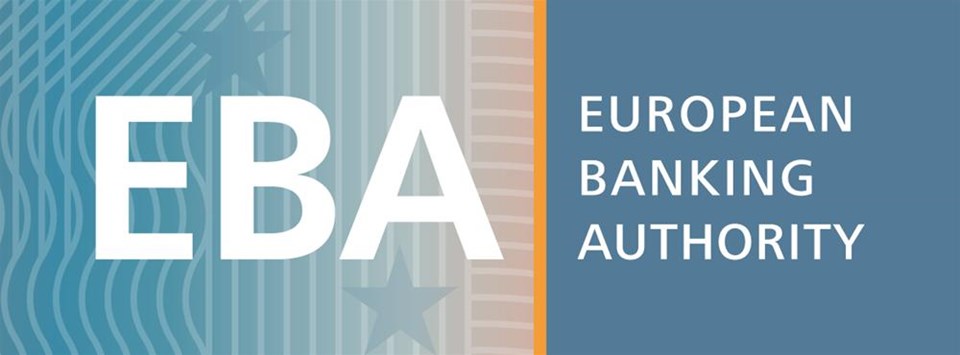
The European Banking Authority has identified a set of key trust challenges facing financial institutions and regulatory bodies from the growing use of Big Data and advanced analytics, including machine learning, across the financial services industry.
The growing use of Big Data and Advance Analytics (BD&AA), including Machine Learning, across the industry will rapidly evolve in the next few years.
The EBA has identified four key pillars – data management, technological infrastructure, organisation and governance and analytics methodology – necessary to support the rollout of Advanced Analytics, along with a set of ‘elements of trust’.
The European Banking Authority (EBA) published today a Report on the recent trends of BD&AA in the banking sector and on the key considerations in the development, implementation and adoption of BD&AA. The aim of this assessment is to share knowledge among the stakeholders and, in particular, to ensure regulators and supervisors are well informed on the developments, in an effort to support technological neutrality across the regulatory and supervisory approaches.
A ‘data-driven’ approach is emerging across the financial sector, affecting institutions’ business strategies, risks and operations with respective changes in the mindset and culture still in progress. The EBA Report focuses on BD&AA techniques, such as machine learning (a subset of Artificial Intelligence – AI), that goes beyond the traditional business intelligence, to discover deeper insights, make predictions, or generate recommendations through different types and sources of data.
Through its ongoing interaction with the relevant stakeholders and by utilising its innovation monitoring tools, the EBA observed a fast growing interest in the use of BD&AA solutions with two out of three EU credit institutions already having such solutions in production. All functions across institutions might benefit from BD&AA applications as they could improve existing services from an efficiency, productivity and cost saving perspective or create new business opportunities. In general, most institutions are currently using simpler algorithms, leveraging on their core banking data. However, the current landscape can evolve in a rapid pace in the next few years.
Data management, technological infrastructure, analytics methodology, organisation and governance are the key pillars identified by the EBA to support the rollout of Advanced Analytics, along with the following “elements of trust” that need to be properly and sufficiently addressed: Ethics, Explainability and interpretability, Fairness and avoidance of bias, Traceability and auditability, Data protection, Data quality, Security, Consumer protection.
The EBA is of the view that additional efforts are needed to ensure that BD&AA solutions respect and integrate these “elements of trust”. Towards meeting this objective, a risk-based approach could apply on certain “elements of trust” depending on the impact of each BD&AA application. For example, stricter requirements may apply on the “explainability” element when there is a potential impact on business continuity or potential harm to the customer.
In the area of ethics, the Report refers directly to the “Ethics guidelines for trustworthy AI” developed by the EU High-Level Expert Group on AI set by the European Commission.
The Report has been drafted pursuant to Article 9(2) of the EBA’s Founding Regulation which mandates the Authority to monitor new and existing financial activities. This obligation extends to all areas of the EBA’s competence, including in the field of activities of credit institutions, financial conglomerates, investment firms, payment institutions, and electronic money institutions.
The Report delivers also on the EBA’s FinTech Roadmap, published in March 2018, which identified the monitoring of emerging trends and analyses of the prudential risks and opportunities arising from the use of FinTech, as its priorities for 2018/2019.
Banking 4.0 – „how was the experience for you”
„To be honest I think that Sinaia, your conference, is much better then Davos.”
Many more interesting quotes in the video below: